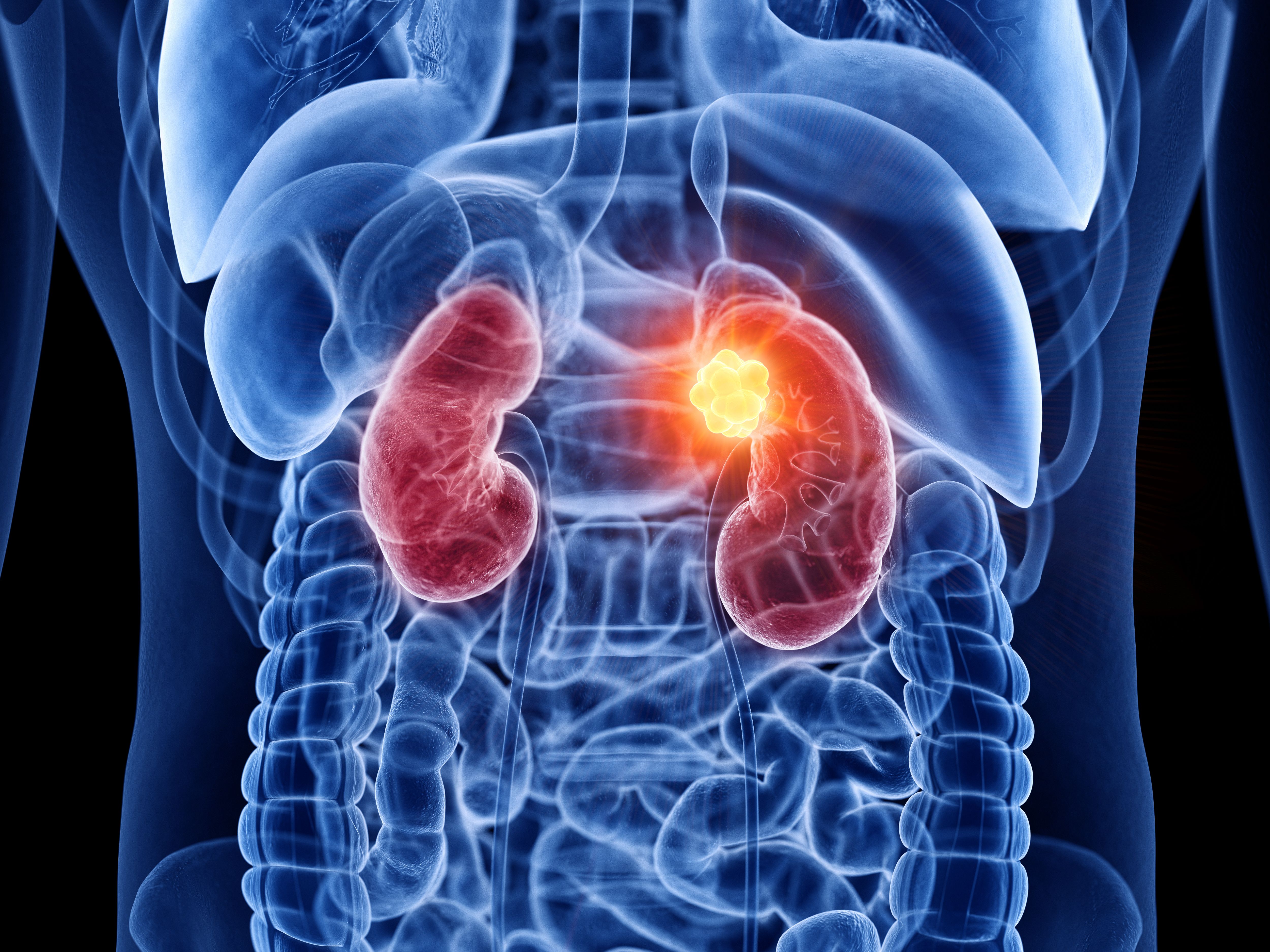Takeaways:
- Inaxaplin (VX-147) by Vertex Pharmaceuticals enters phase 3 of a global trial, comparing a once-daily, 45 mg oral dose to placebo for APOL1-mediated kidney disease (AMKD).
- The AMPLITUDE trial expands to include adolescents aged 10 to 17 years and aims to evaluate inaxaplin's impact on kidney function and proteinuria.
- Phase 2a proof-of-concept data showed a significant reduction in urine protein to creatinine ratio, indicating potential efficacy in treating AMKD.
- The trial's primary outcomes include assessing changes in urine protein to creatinine ratio and estimated glomerular filtration rate (eGFR) slope.
- Inaxaplin has received Breakthrough Therapy Designation from the FDA, reflecting its potential as a disease-modifying therapy for AMKD.
Inaxaplin (VX-147; Vertex Pharmaceuticals) to treat APOL1-mediated kidney disease (AMKD) is moving into the phase 3 portion of a global phase 2/3 clinical trial that will compare the once-daily, 45 mg oral dose to placebo, in addition to standard of care, Vertex Pharmaceuticals announced in a press release.1
The AMPLITUDE trial (NCT05312879) was created to assess the impact of inaxaplin on kidney function and proteinuria for those living with proteinuric kidney disease mediated by 2 variants in the APOL1 gene (AMKD). The trail will now include adolescents with AMKD aged 10 to 17 years.1,2
“AMKD is a rapidly progressing condition and often remains silent until the disease reaches an advanced stage," said Glenn M. Chertow, MD, MPH, professor of medicine, Stanford University School of Medicine, chair, Vertex’s APOL1 Program Steering Committee, in a press release.1
"We have no approved disease-specific therapies for this truly devastating condition, and inaxaplin has the potential to transform the care of AMKD and significantly improve the lives of patients. The kidney community is strongly encouraged by inaxaplin’s potential, which energizes those of us caring for patients with AMKD,” added Chertow.1
Reported in The New England Journal of Medicine in March 2023 was phase 2a proof-of-concept data that demonstrated a statistically significant and clinically meaningful mean reduction in urine protein to creatinine ratio of 47.6% at 13 weeks of treatment compared to baseline (primary outcome).1,3
The data provided the first clinical evidence that an oral small molecule APOL1 inhibitor could decrease proteinuria in patients with AMKD.3
“Inaxaplin, a first-in-class molecule that addresses the underlying cause of APOL1-mediated kidney disease, has already shown impressive results in the Phase 2a proof-of-concept study," stated Carmen Bozic, MD, chief medical officer, executive vice president, Global Medicines Development and Medical Affairs, Vertex.1
“Advancing this trial into phase 3 and broadening the trial to include younger patients is a critical step forward in bringing this potential therapy to patients who are waiting," said Bozic.1
According to Vertex, an Independent Data Monitoring Committee reviewed phase 2 safety and efficacy data from the phase 2/3 trial. The Committee recommended a dose of 45 mg once-daily for the phase 3 portion and recommended the enrollment of adolescents with AMKD aged 10 to 17 years.1
With the addition of this age group, and as of March 19, 2024, the estimated enrollment for the phase 2/3 trail is 466 participants aged 10 to 65 years.2
Primary outcomes include the following2:
- Percent change from baseline in urine protein to creatinine ratio at week 48
- Estimated glomerular filtration rate (eGFR) slope assessed at week 48
- eGFR slope assessed at the completion of the study (estimated June 2026)
Inaxaplin has been granted Breakthrough Therapy Designation from the FDA.3
For more FDA pipeline updates, click here.
References:
1. Vertex advances inaxaplin (VX-147) into phase 3 portion of adaptive phase 2/3 clinical trial for the treatment of APOL1-mediated kidney disease. Vertex Pharmaceuticals. Press release. April 1, 2024. Accessed April 3, 2024. https://www.biospace.com/article/releases/vertex-advances-inaxaplin-vx-147-into-phase-3-portion-of-adaptive-phase-2-3-clinical-trial-for-the-treatment-of-apol1-mediated-kidney-disease/3
2. Phase 2/3 adaptive study of VX-147 in adult and pediatric participants with APOL1-mediated proteinuric kidney disease mediated proteinuric kidney disease (AMPLITUDE). Clinicaltrials.gov. Updated March 19, 2024. Accessed April 3, 2024. https://classic.clinicaltrials.gov/ct2/show/NCT05312879
3. Vertex announces publication in New England Journal of Medicine of results from phase 2 study of inaxaplin (VX-147). Vertex Pharmaceuticals. Press release. March 16, 2024. Accessed April 3, 2024. https://investors.vrtx.com/news-releases/news-release-details/vertex-announces-publication-new-england-journal-medicine
